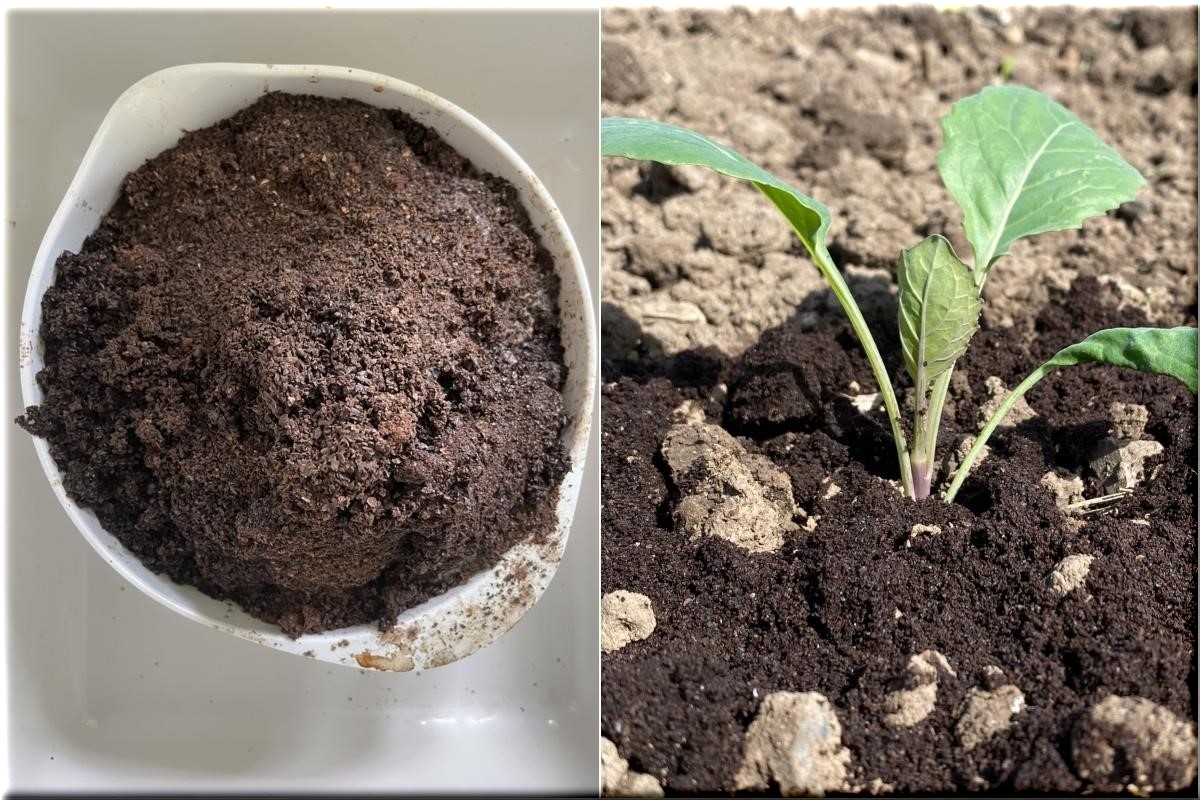Garden
Coffee Grounds and Soil Acidity: The Truth About Using Them in Your Garden
You’ve probably heard it a million times: coffee grounds are great for your garden! They’re supposed to acidify your soil, make your compost pile thrive, and even deter pesky slugs. But are these claims really true? Let’s dive into the world of coffee grounds and gardening to separate fact from fiction.
The Truth About Coffee Grounds and Soil Acidity
Soil pH plays a crucial role in plant growth, influencing nutrient uptake and overall health. But while coffee is acidic, spent coffee grounds surprisingly aren’t. The acid in coffee beans is water-soluble, meaning it’s primarily in the brewed coffee, not the leftover grounds. Coffee grounds actually have a pH between 6.5 and 6.8, making them slightly alkaline. So, if you’re aiming to acidify your soil for blueberries or hydrangeas, coffee grounds won’t be your solution.
Coffee Grounds as Compost: Fact or Fiction?
Many gardeners believe coffee grounds are a valuable addition to compost piles. While they do provide some nitrogen, which is essential for plant growth, they can actually throw off the balance of your compost. The key to successful composting is the right balance of "green" (nitrogen-rich) and "brown" (carbon-rich) materials. Coffee grounds are considered "green", so adding too many can lead to a lack of carbon. Vermicomposting, where earthworms break down the organic matter, can be more challenging with coffee grounds because they can kill the worm population.
The Impact of Coffee Grounds on Plant Growth
It’s important to remember that caffeine, a naturally occurring compound in coffee, can actually inhibit plant growth. Studies have shown that caffeine can suppress germination rates and reduce overall plant growth. While coffee grounds have lower levels of caffeine than brewed coffee, it’s still enough to have an effect on plants.
Coffee Grounds as a Mulch: To Use or Not To Use?
Mulch helps retain moisture, regulate soil temperature, and suppress weeds. But coffee grounds, because they compact easily, aren’t an ideal mulch. They can prevent water and air from reaching the soil, leading to potential moisture problems and even root rot. Instead, consider using organic mulches like wood chips, straw, or shredded leaves.
Coffee Grounds and Slugs: A Myth-Busting Approach
The idea that coffee grounds repel slugs is a common misconception. While some people swear by this method, studies haven’t proven it effective. There’s no scientific evidence to support the claim that coffee grounds deter slugs. For effective slug control, use methods like diatomaceous earth, copper tape, or hand-picking.
Sustainable Alternatives to Coffee Grounds in the Garden
Instead of relying on coffee grounds, consider these sustainable alternatives:
- Enhancing soil health with natural compost: Compost made from kitchen scraps, leaves, and other organic matter can provide a rich source of nutrients for your plants.
- Utilizing effective mulches for plant protection: Choose mulches like wood chips, straw, or shredded leaves that provide moisture retention, temperature regulation, and weed suppression.
- Organic methods for weed and pest control: Embrace natural pest control solutions, such as companion planting, beneficial insects, and organic sprays.
- Embracing sustainable gardening practices: Choose eco-friendly gardening methods like rainwater harvesting, water conservation, and minimizing pesticide use.
FAQ
Can I use coffee grounds directly on my plants?
While coffee grounds are not toxic to plants, it’s best to avoid applying them directly. They can suppress plant growth and affect nutrient uptake.
How much coffee grounds should I use in my compost?
Add coffee grounds in moderation, ensuring a good balance of "green" and "brown" materials.
Are coffee grounds safe for pets and children?
Coffee grounds are generally safe, but it’s best to keep them out of reach of children and pets.
Are there any environmental concerns about using coffee grounds in the garden?
Coffee grounds are biodegradable, but using them in large quantities can negatively impact the environment. Be mindful of your use and explore sustainable alternatives.
Conclusion
The truth is, coffee grounds are not a magical solution for every gardening problem. While they can be beneficial in small amounts for composting, they can also have negative effects on plant growth. Coolxtop encourages you to embrace sustainable gardening practices and explore alternatives that provide real benefits for your garden. Let’s continue the conversation! Leave a comment below with your thoughts on coffee grounds and gardening.



Leave a Reply